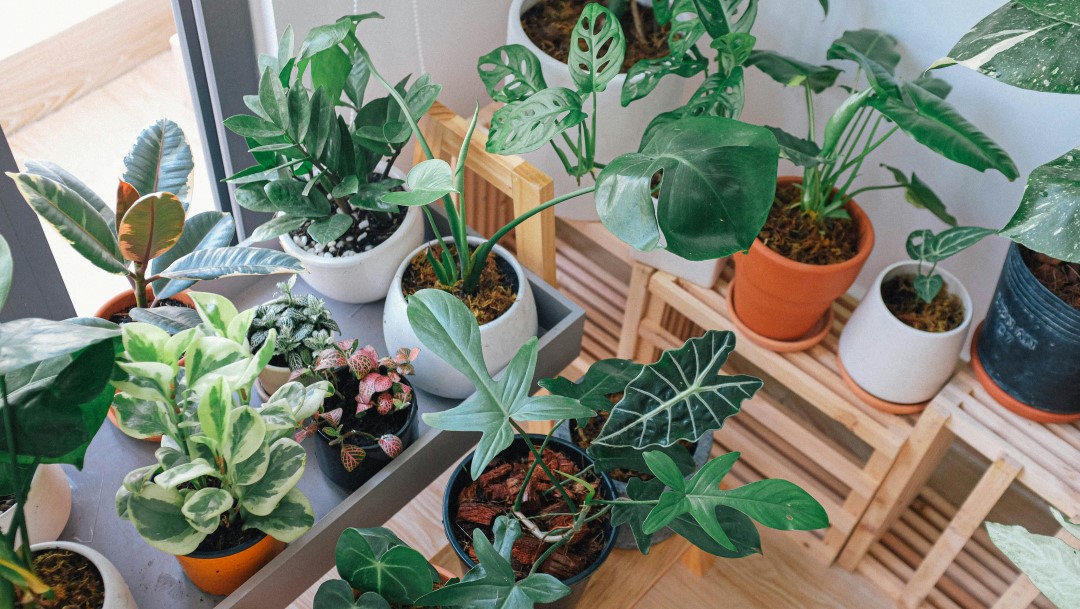The popularity of indoor horticulture has led to a demand for efficient and adaptable power solutions, ranging from vertical farms to personal grow rooms. Traditional inverters, though functional, may require more flexibility and scalability for this dynamic, space-constrained environment.
Fortunately, modular inverters have emerged as a game-changer in indoor plant cultivation.
Traditional Inverters vs. Modular Inverters
Grow lights, a crucial element for plant growth in indoor horticulture, require direct current (DC) power from solar panels or the grid. However, most lighting fixtures operate on alternating current (AC). These industrial power inverters convert DC power into usable AC power.
While traditional inverters have served growers well, they come with limitations. They are often bulky, inflexible, and prone to a single point of failure, meaning if one component fails, the entire system shuts down. It is detrimental to plant health and production.
Salient Features of Modular Inverters
1. Scalability
Growers can start with a smaller system and gradually expand their grow space by adding modules as needed. It is ideal for startups or those with fluctuating needs.
2. Flexibility
You can independently monitor and control each module, allowing for precise power management for different sections of the growth space. It is crucial for accommodating diverse plant species with varying lighting requirements.
3. Increased Reliability
If a single module fails, the rest of the system can continue operating, minimizing downtime and potential crop loss. This redundancy ensures a higher level of operational stability.
4. Compact Footprint
These industrial power inverters are generally smaller and lighter than traditional inverters, making them ideal for space-constrained indoor grow facilities. Moreover, it frees up valuable floor space for additional plants or equipment.
6 Benefits Of Modular Inverters for Indoor Horticulture
The unique features of these inverters offer six main benefits for indoor growers:
1. Easier maintenance and repair
With these inverters, individual modules are easier to diagnose, replace, and service, minimizing downtime and repair costs. It makes maintenance more efficient and cost-effective for indoor horticulture operations.
2. Improved Energy Efficiency
These industrial power inverters convert direct current (DC) into alternating current (AC), which is required to power artificial lighting systems. By utilizing these inverters, gardeners can ensure efficient energy conversion, reduced power consumption, and lower electricity bills.
3. Scalability and Flexibility
They offer scalability and flexibility to indoor horticulture setups, allowing gardeners to expand or adjust their operations.
Growers can easily integrate them into existing lighting systems or add additional inverters if more lighting fixtures are required. This modularity allows growers to customize their indoor gardens based on crop types, growth stages, and available space.
4. Improved Crop Yield and Quality
Industrial power inverters provide precise control over lighting conditions, improving crop yield and quality. For example, you can adjust power levels to optimize light intensity, duration, and spectrum according to specific plant requirements.
This level of control promotes healthy plant growth, accelerates photosynthesis, and enhances overall crop development, resulting in higher yields and better-quality produce.
5. Cost Savings
Indoor horticulture setups typically require substantial investments in lighting systems and energy consumption.
However, these inverters can help growers save costs in the long run. They maximize energy efficiency and reduce electricity bills by accurately converting energy and providing optimal lighting conditions.
Additionally, their scalability and flexibility enable growers to adapt and expand their operations without requiring significant additional investments.
Moreover, growers can start with a basic system and scale up as their business grows, avoiding needing a large initial investment.
6. Integration with Renewable Energy Sources
Industrial power inverters can seamlessly integrate with renewable energy sources such as solar panels or wind turbines. This synergy allows growers to rely on clean and sustainable energy for indoor horticulture. Also, it reduces their carbon footprint and overall environmental impact.
If you are a horticulture enthusiast and need a reliable backup power source for your indoor plants, look no further than Exeltech. This inverter manufacturing company provides affordable and high-quality inverters.





